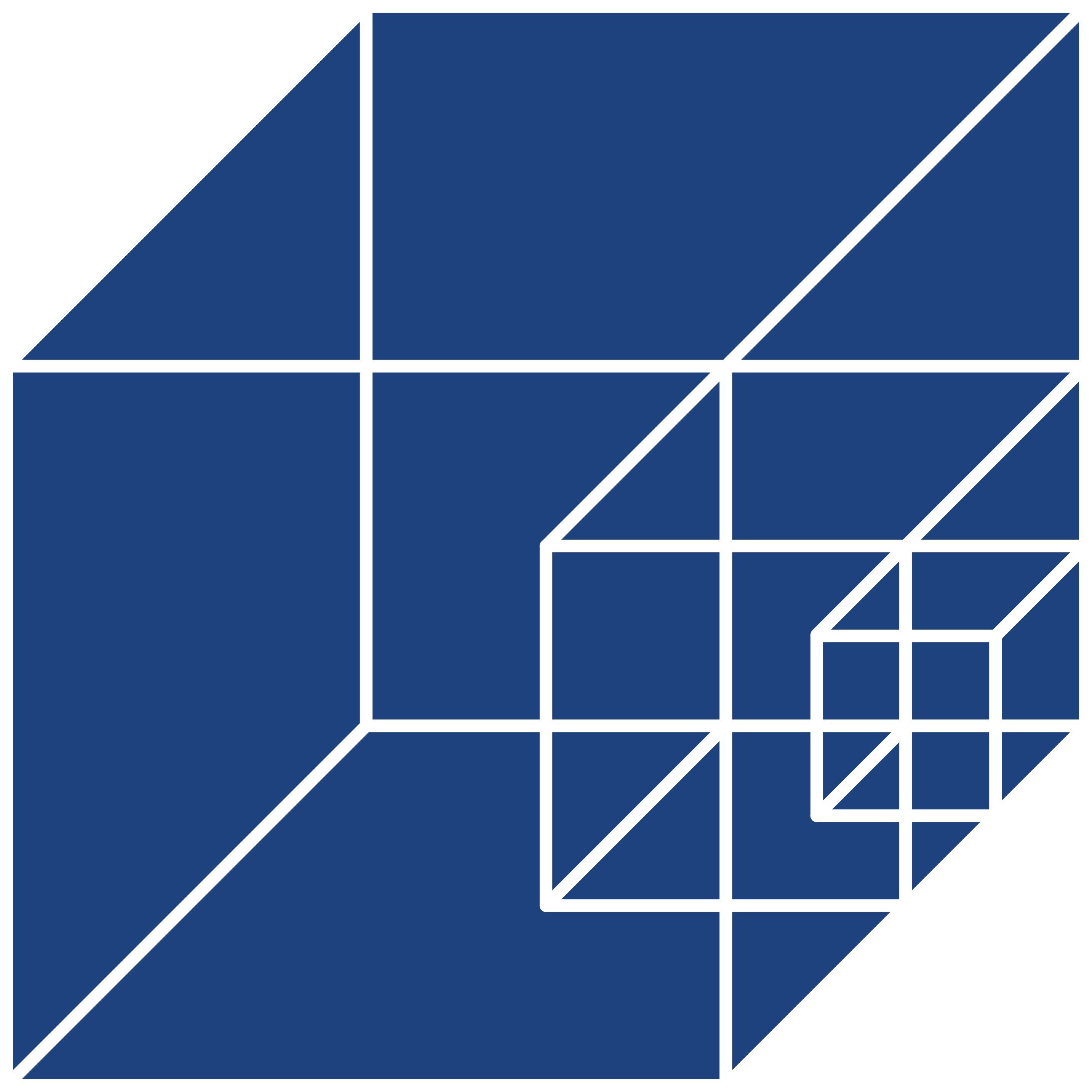Ziele
This module aims to provide an introduction on Additive Manufacturing (AM) technology, focusing on metal AM. AM, often referred to as 3D printing, involves building objects layer by layer using digital 3D models. In construction, AM offers the potential for improved economy and sustainability through enhanced flexibility in manufacturing and enhanced design freedom, enabling the manufacturing of novel, resource-efficient, and customised components. Utilisation of AM requires also computational and optimisation tools to design new structural concepts that were not possible in the past using conventional manufacturing technology. AM and robotic manufacturing play an increasingly significant role in reshaping the construction industry in the era of Industry 4.0.
The module will provide insights into the fundamentals of Laser Powder Bed Fusion (LPBF) and Direct Energy Deposition (DED) technologies, explaining the underlying physics, economics and sustainability, applications, design and optimisation aspects. This module also presents an overview of optimisation methods with an applied approach for structural problems and Design for AM (DfAM). The overarching goal of the course is to equip students with the requisite knowledge and computational skills to utilise the transformative potential of additive manufacturing and optimisation strategies. After successful completion of the module, the students will obtain a solid background and competence in principal aspects of AM for both research and practice, which can be utilised in various engineering domains.
Inhalte
- Fundamentals of different additive manufacturing (AM) technologies
- Basics of Laser Powder Bed Fusion (LPBF) technology, energy sources, solidification and microstructure formation
- Wire-arc Additive Manufacturing (WAAM or robotic welding manufacturing) and welding technology, physics of melting pool, defects, distortion and residual stress prediction
- Laboratory visit to AM facilities
- Economic and environmental aspects of AM
- Basics of optimisation methods, classical and modern methods, multi-objective optimisation
- Principles of density-based topology optimisation and its application for AM
- Robust optimisation, surrogate models, metamodelling and machine learning for AM
Prüfungsform
Termine
Vorlesungs-/ Übungstermine
Montags, 11:30 - 13:00 Uhr, Gebäude 3407 Raum 210
Donnerstags, 15:45 - 17:15 Uhr, Gebäude 3407 Raum 210
Tutoriumstermine
Ansprechpartner


30167 Hannover




